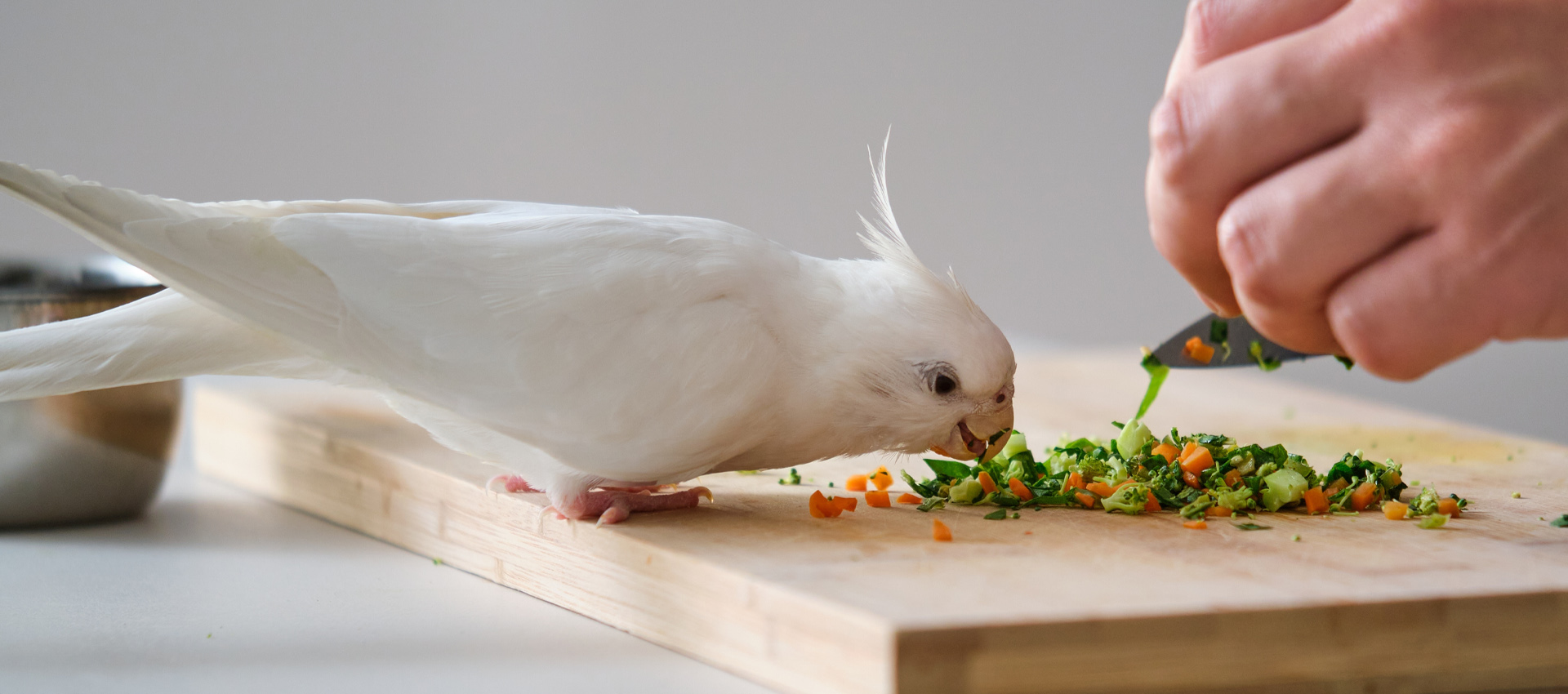Your cart is currently empty!

HARI Official Brand Site

Good quality seeds, grains and nuts, especially in freshly packaged mixes such as Tropimix, can be a great addition to a companion bird’s array of enrichment foods. While healthy seeds have some nutritional benefits, HARI recommends that fatty seeds be limited to prevent obesity.
Often we hear that caretakers are reluctant to offer sunflower seeds to their parrots because they heard they were addictive. The truth of the matter is that sunflower seeds do not have an addictive drug; they just taste good. Sunflower seeds are highly palatable and of course your bird will seek those great tasting seeds out in a mix.
“I’ll do it for a peanut!” Often we see caretakers utilize fatty nuts and seeds as a reward for trained behaviors. While in moderation, this is okay but we do not want to create seed junkies in that our companions will expect a tasty reward every time he does an expected behavior. Caretakers should strive to build a foundation of trust and respect through the use of nurturing, mentoring, modeling and play as alternatives to using food rewards for training.
Millet sprays are not only fun, low fat, and offer foraging opportunities for many companion bird species, a fresh supply of millet sprays should be in every avian caretaker’s emergency kit because this food is readily accepted by most sick parrots when they have refused other foods. Some small parrot species, especially parrotlets, have a tendency to over consume millet. See the video for explanation!

Companion parrots require a balanced diet that contains a nutritious blend of grains, seeds, nuts, vegetables, fruits, vitamins and minerals. Pet parents also need to consider the species, life stage and lifestyle of their pet bird.